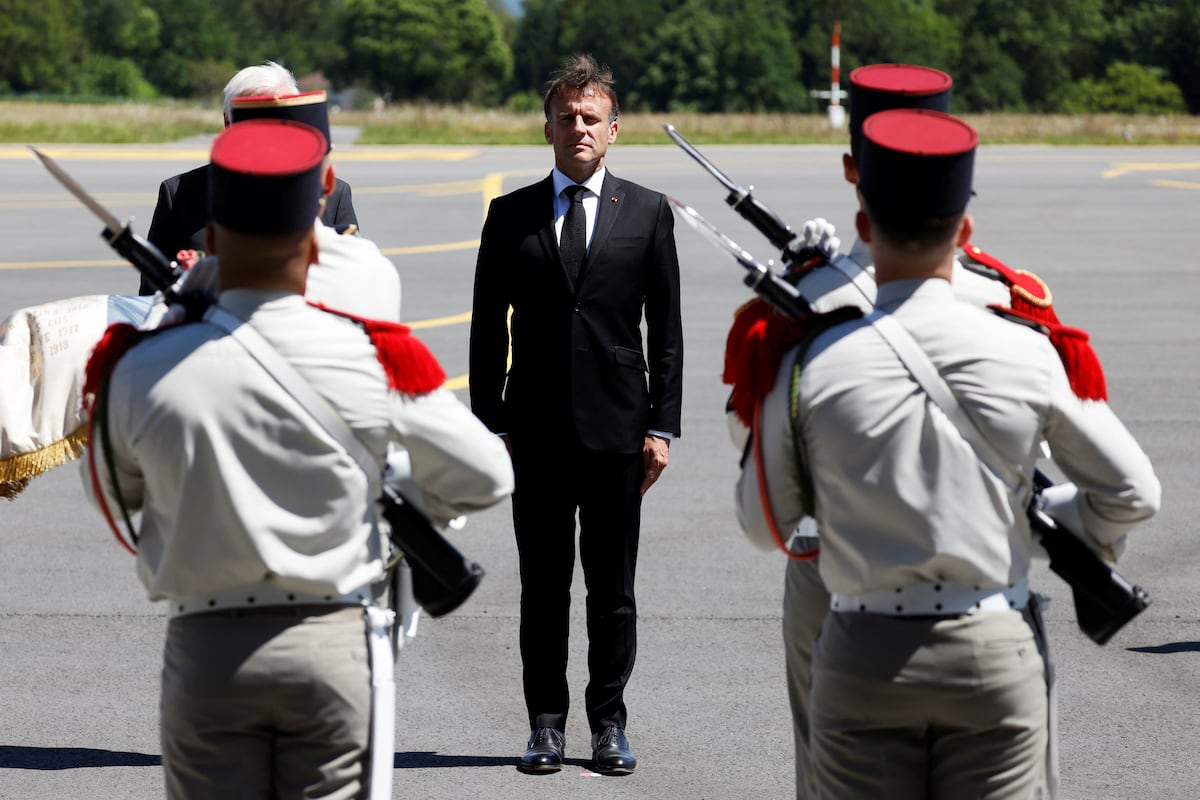France's Political Shifts: Macron’s Surprise Dissolution and Le Pen's Far-Right Surge
The political landscape in France is undergoing seismic changes following the surprise announcement by President Emmanuel Macron to hold early elections. This decision came in the wake of Marine Le Pen's far-right National Rally (RN) party achieving a significant victory in the European elections. With the new elections set for June 30 and July 7, political movements and alliances are intensifying, especially among the French left.
The left faces a critical decision: whether to unite under a joint banner as they did with the New Progressive Environmental and Social Union (NUPES) in 2022 or to run separately. The current electoral dynamics show Macron’s bloc with 250 deputies in the National Assembly, short of an absolute majority, and RN with 88 deputies. Jean-Luc Mélenchon, leader of La Francia Insumisa, has called for immediate unity, promoting the idea of a ‘popular front’ to counteract Le Pen’s ultra formation.
In contrast, the Macronists are advocating for a republican front, a strategy that seeks to unite moderate right and left factions against the extreme ends of the political spectrum. This approach aims to prevent RN's victory in individual constituencies by consolidating support from both PS and moderate right voters. This tactic could favour Macronist candidates in the second round by securing left-wing votes to defeat RN candidates.
The stakes are high with three potential outcomes looming: a new Macronist majority, a fragmented National Assembly leading to an ungovernable situation without coalitions, or an RN-led assembly with Jordan Bardella as a likely Prime Minister. Bardella, a key figure in RN's recent successes, represents a significant shift in French politics.
As France embarks on this rapid election journey, the political manoeuvring on alliances will be critical. Will Macron’s gamble pay off, or will Le Pen’s far-right finally break through France’s political barriers?
- This tumultuous period is marked by intense discussions within the French left, where differences over issues such as the **war in Ukraine** and economic policies may hinder a unified front. The Socialist Party, buoyed by Raphaël Glucksmann's strong showing in the European elections, is particularly wary of aligning too closely with Mélenchon's faction.
- Meanwhile, Macron's strategy to dissolve the **National Assembly** is seen as a high-stakes gambit aimed at reasserting his political dominance. However, concerns persist within his camp regarding the effectiveness of this move, as evidenced by Prime Minister Gabriel Attal’s unsuccessful effort to dissuade Macron from this path.
- Across Europe, the political landscape is also shifting. Nations like **Bulgaria** and **Austria** are witnessing a rise in far-right parties, echoing France's internal political struggles. In Bulgaria, the GERB party led by Boyko Borissov secured 26.5% of votes, marking a substantial conservative win, whereas Austria saw the far-right FPO party emerge victorious with 27% of the votes.
- These trends reflect a broader European context where traditional political divides are being challenged by emerging populist and far-right movements.






